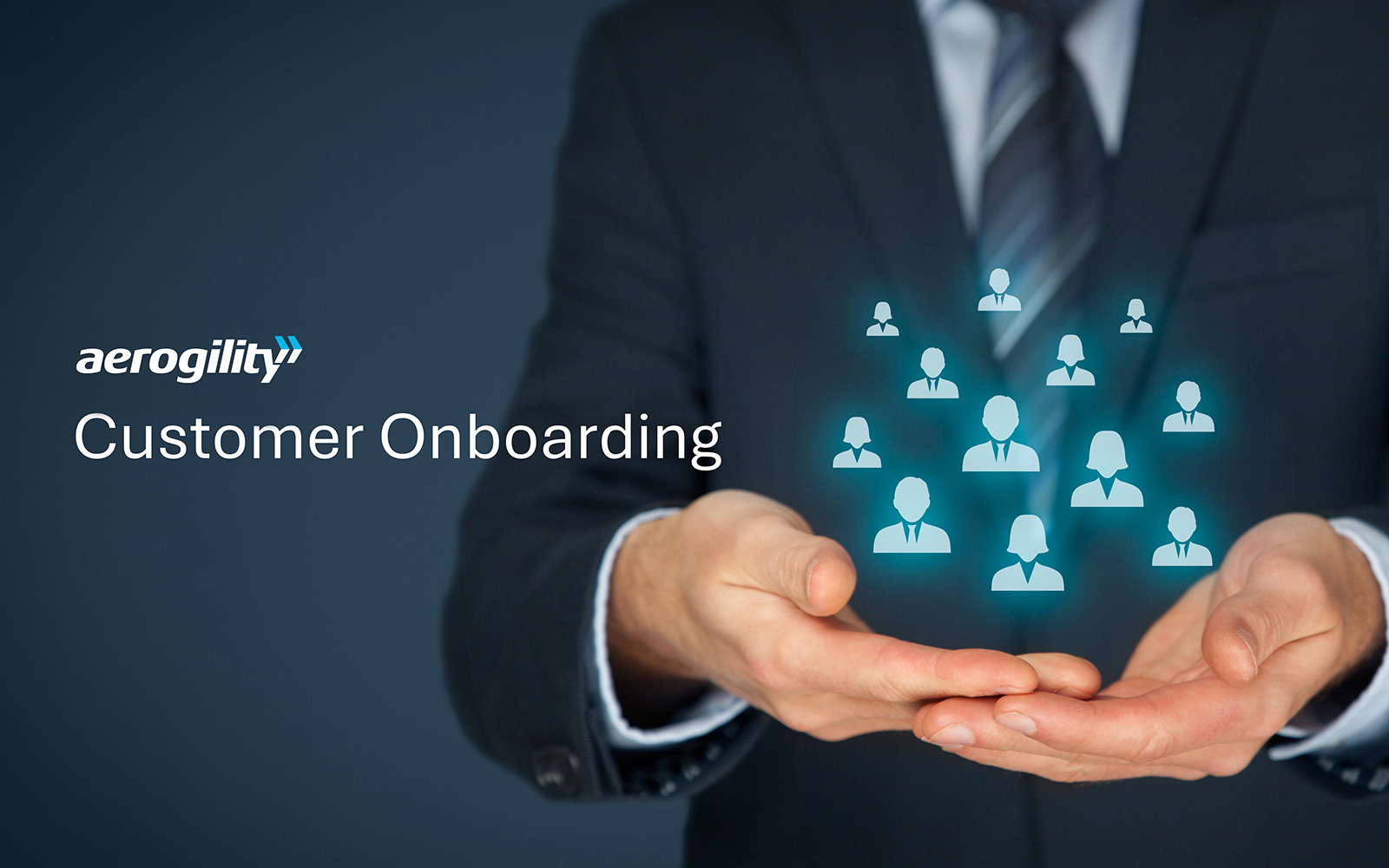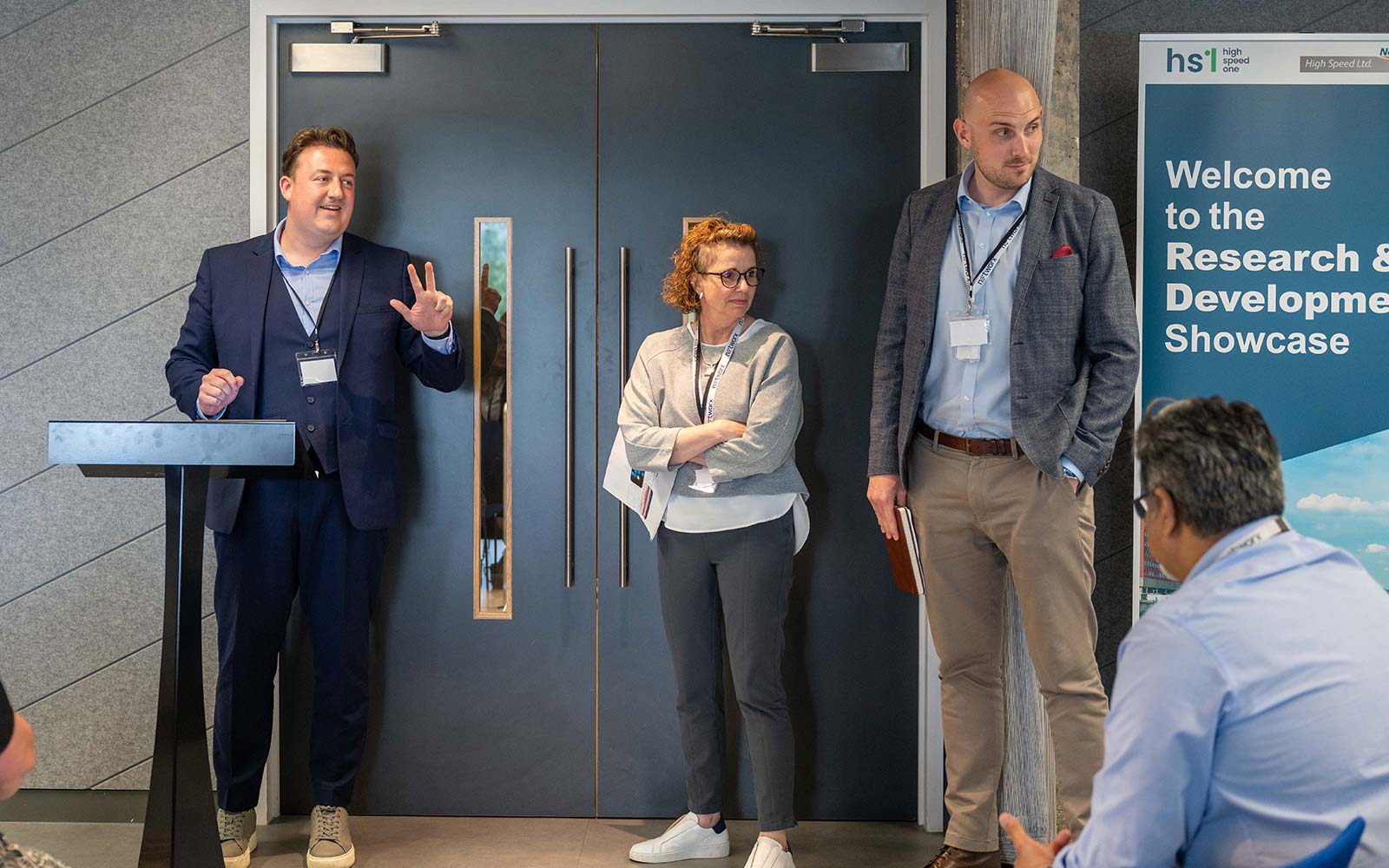How AI is helping the global economy get back on its feet
After more than a year of lockdowns, travel restrictions and social distancing, the global economy continues to battle the effects of the COVID-19 pandemic and will likely do so for years to come.
Technology, and more specifically artificial intelligence (AI), can offer a two-fold benefit to governments and businesses as we seek to recover from the financial losses of the past year.
Firstly, we can look to AI to help governments limit the spread of infection, enabling a return to offices and in-person meetings, the unlocking of borders for business travel and the reopening of the hospitality and retail industries. AI can be used to monitor the number of people in shops and restaurants in order to support social distancing measures and automatically alert health authorities if excessive crowds emerge in public areas. On public transport, AI and machine learning technology can screen passengers’ temperature and also provide operators with real-time information about the number of people using the network so they can limit passenger numbers if certain services are getting too busy.
From a commercial perspective, companies that build AI into their business strategy have a better chance of remaining strong in the face of financial instability by boosting productivity and empowering their workforce. According to a report by PwC, AI is set to have a transformative effect on consumer, enterprise and government markets around the world.
PwC researchers predict that global GDP will reach $114 trillion by 2030, but this figure could be up to 14% higher as a result of AI. Global GDP forecasts will have been altered by the unexpected pandemic and the economic chaos that has ensued, but the fundamental findings around the impact of AI on the economy outlined by the PwC report still stand today. Researchers hypothesise that ‘the economic impact of AI will be driven by productivity gains from businesses automating processes as well as augmenting their existing labour force with AI technologies.’
There are a number of ways AI can support businesses to streamline their operations and enhance productivity, such as automating routine tasks; automatically monitoring for security threats in order to keep valuable data safe; personalising products and services; and performing quality control checks to ensure the business is running smoothly.
The successful adoption of AI by both governments and businesses requires a level of understanding of, and trust in, the technology. To allow technology to truly enhance economic growth, we need to know how and where to use it. Ultimately, the implementation of AI in both public and private sectors is an investment that will likely lead to a faster economic recovery and a return to normal life post-COVID-19.



